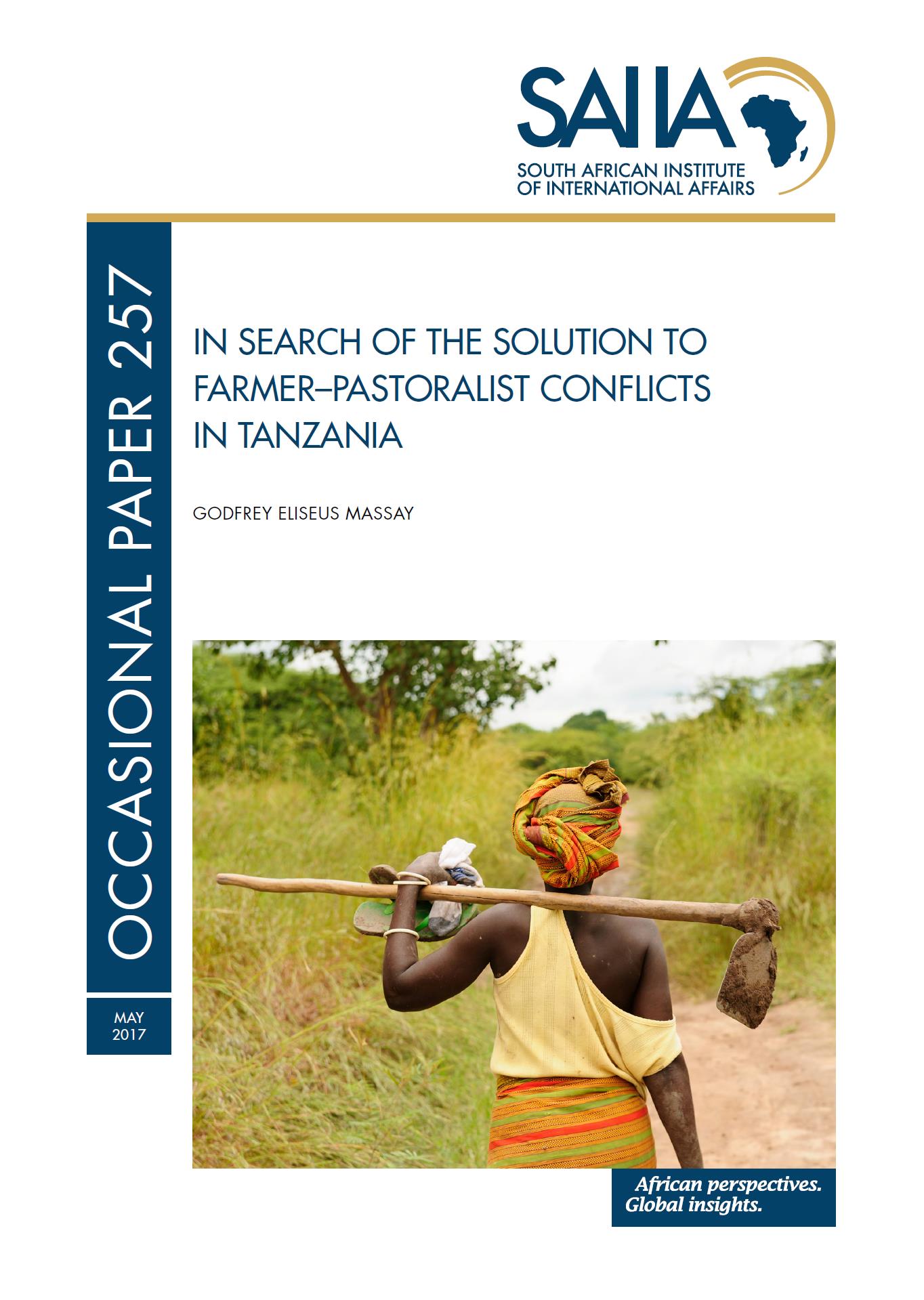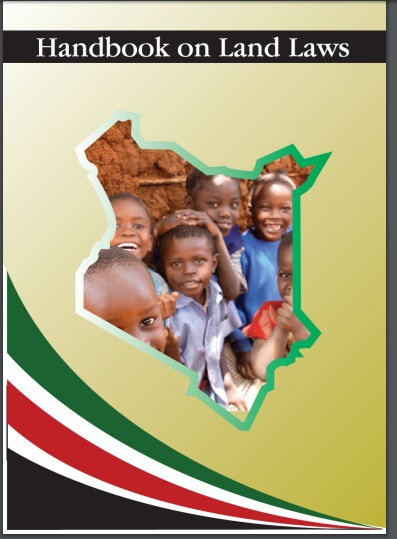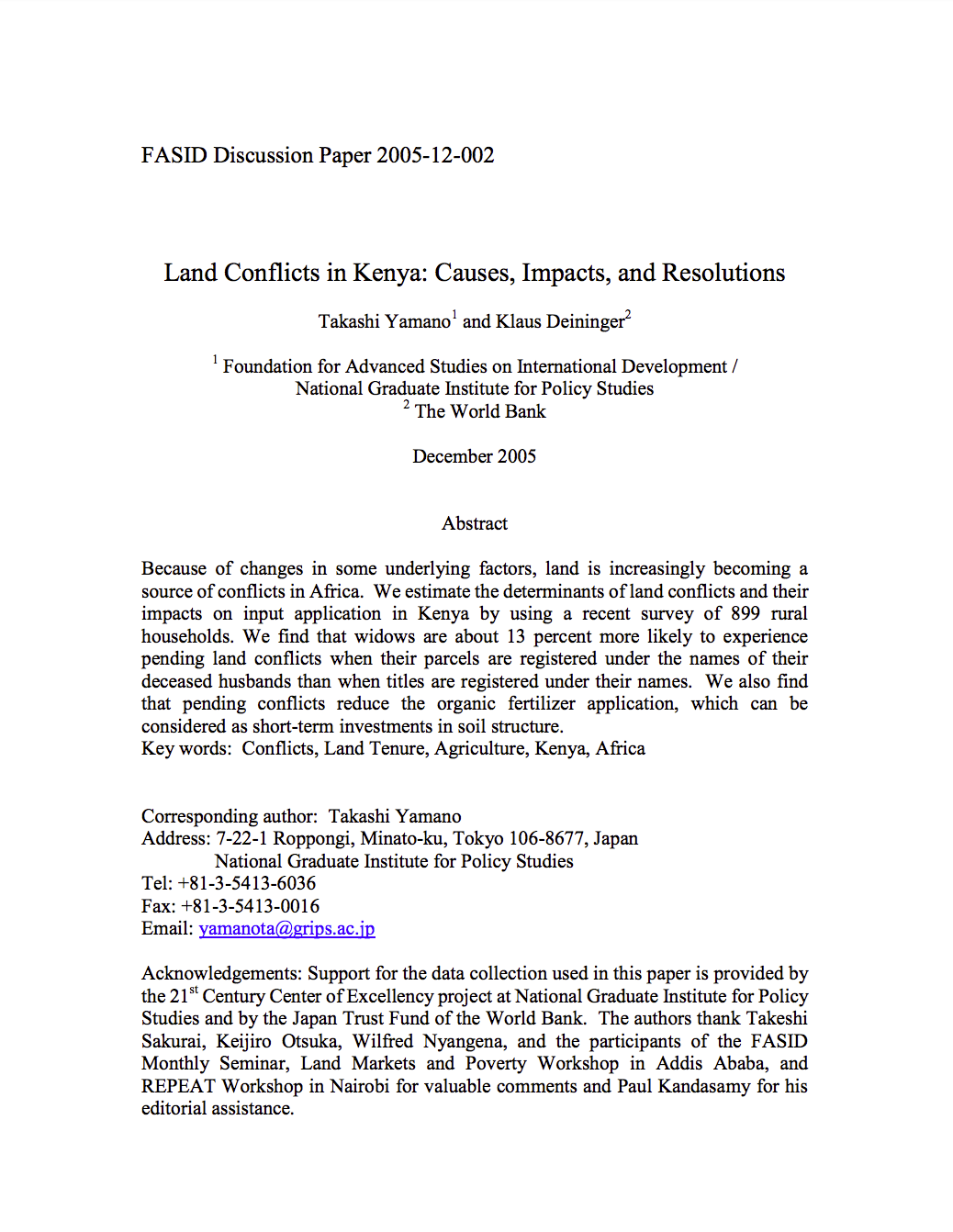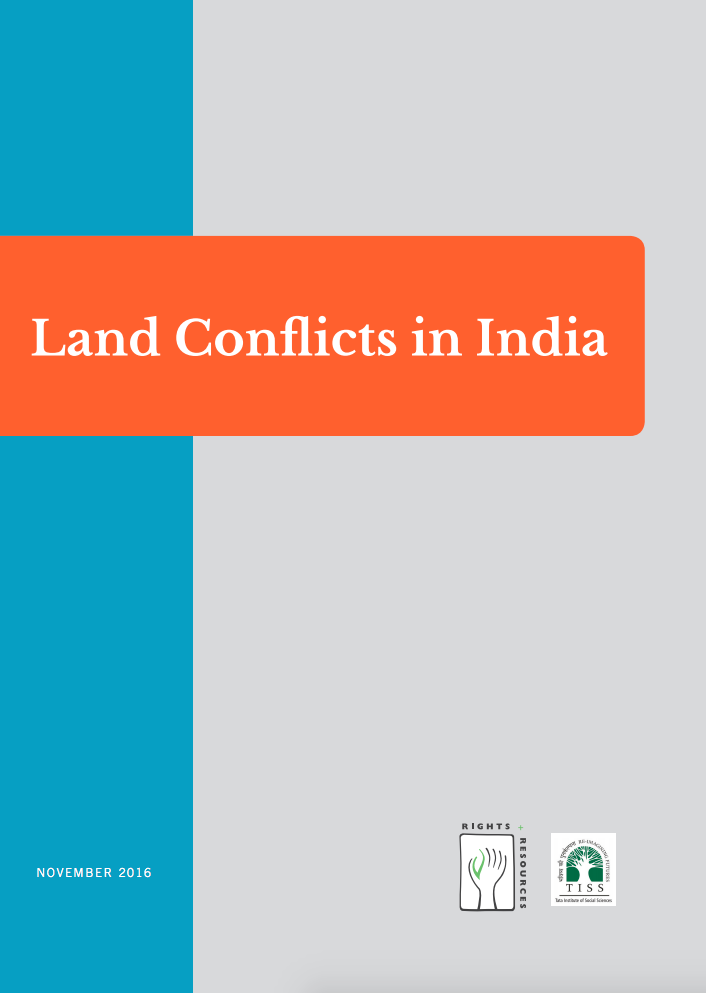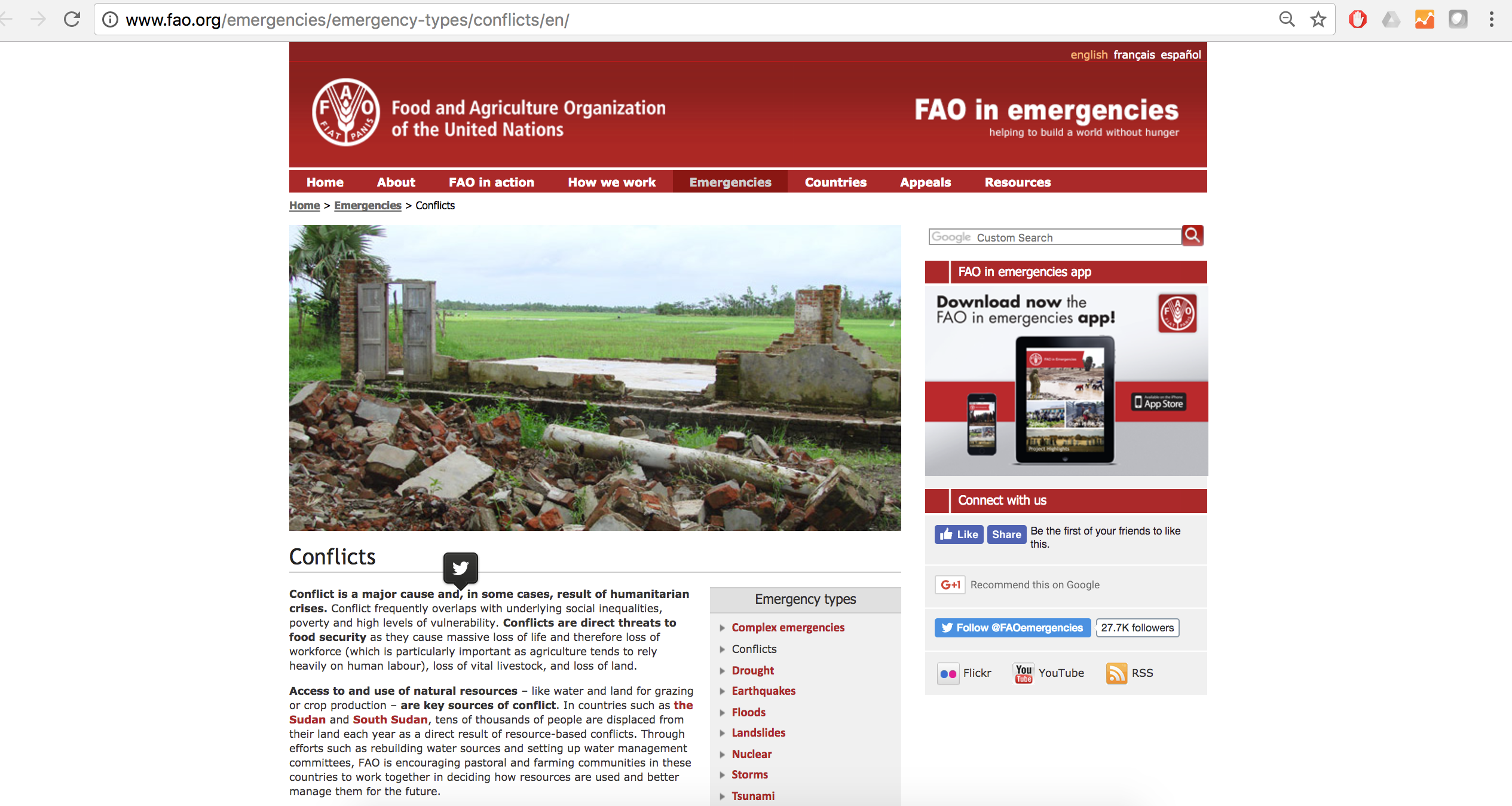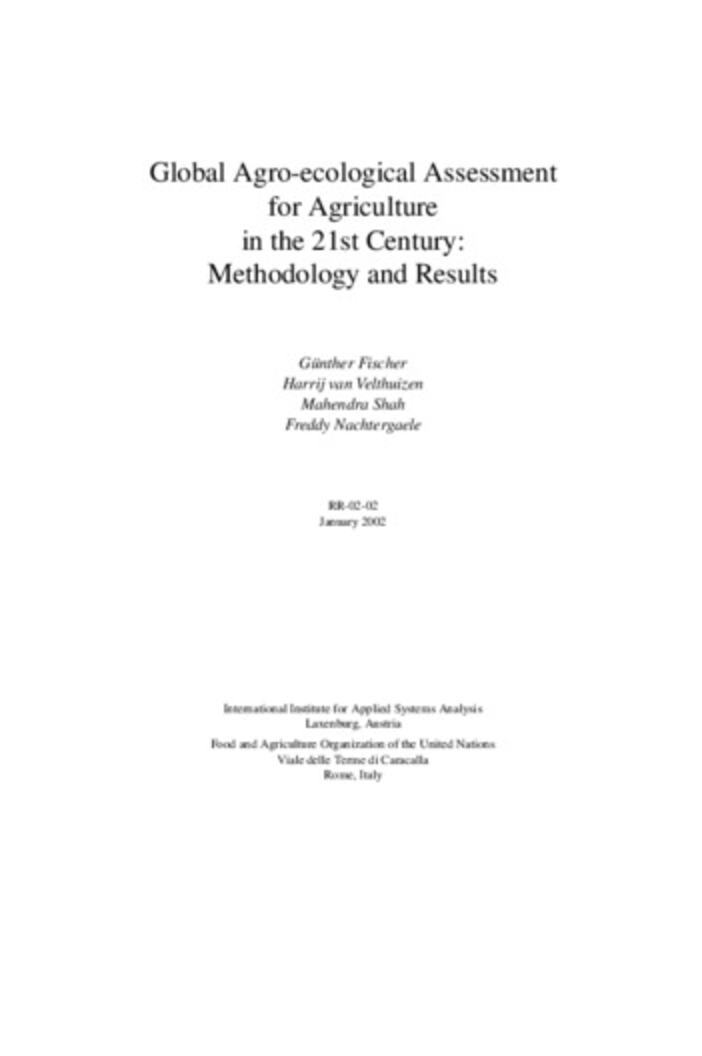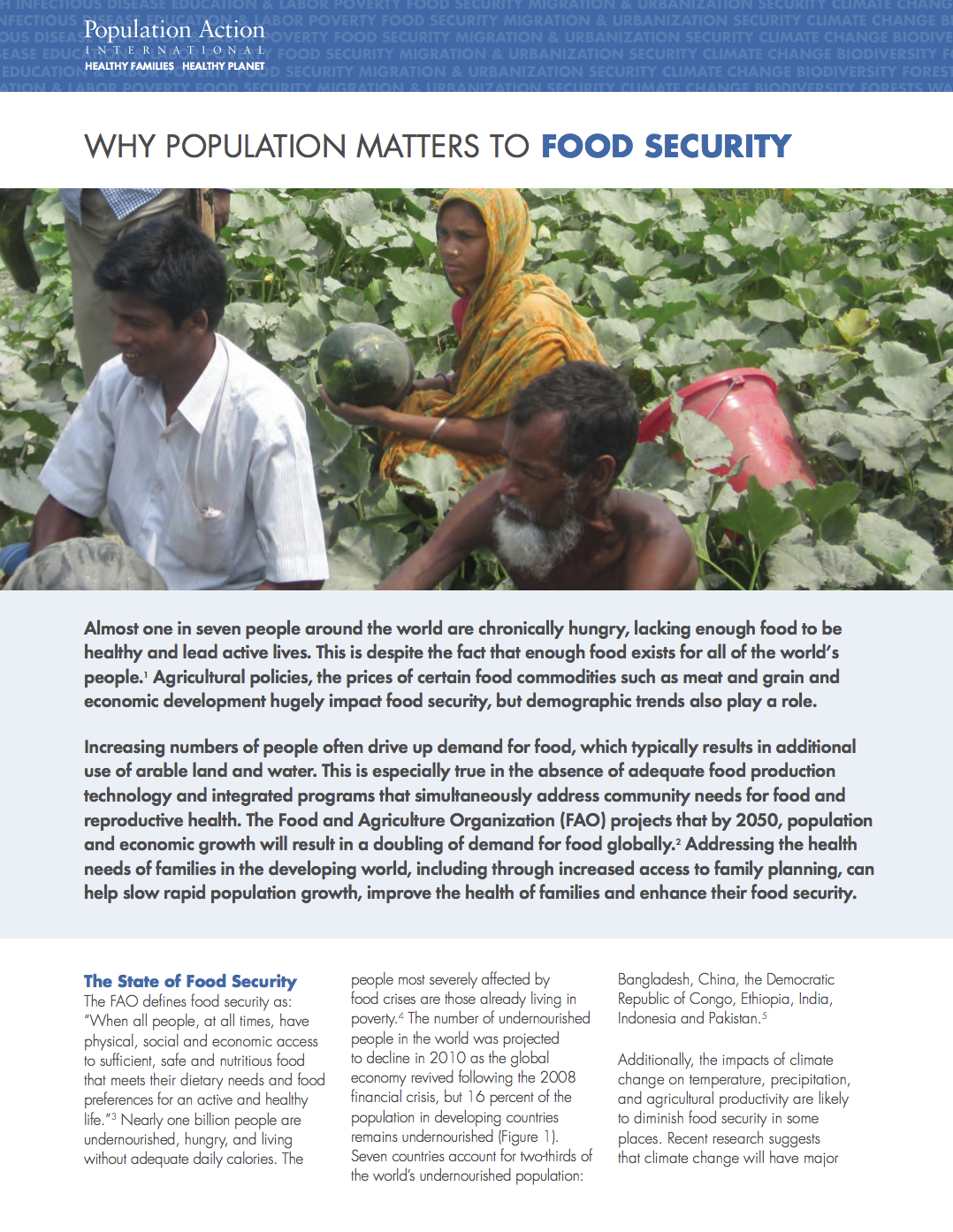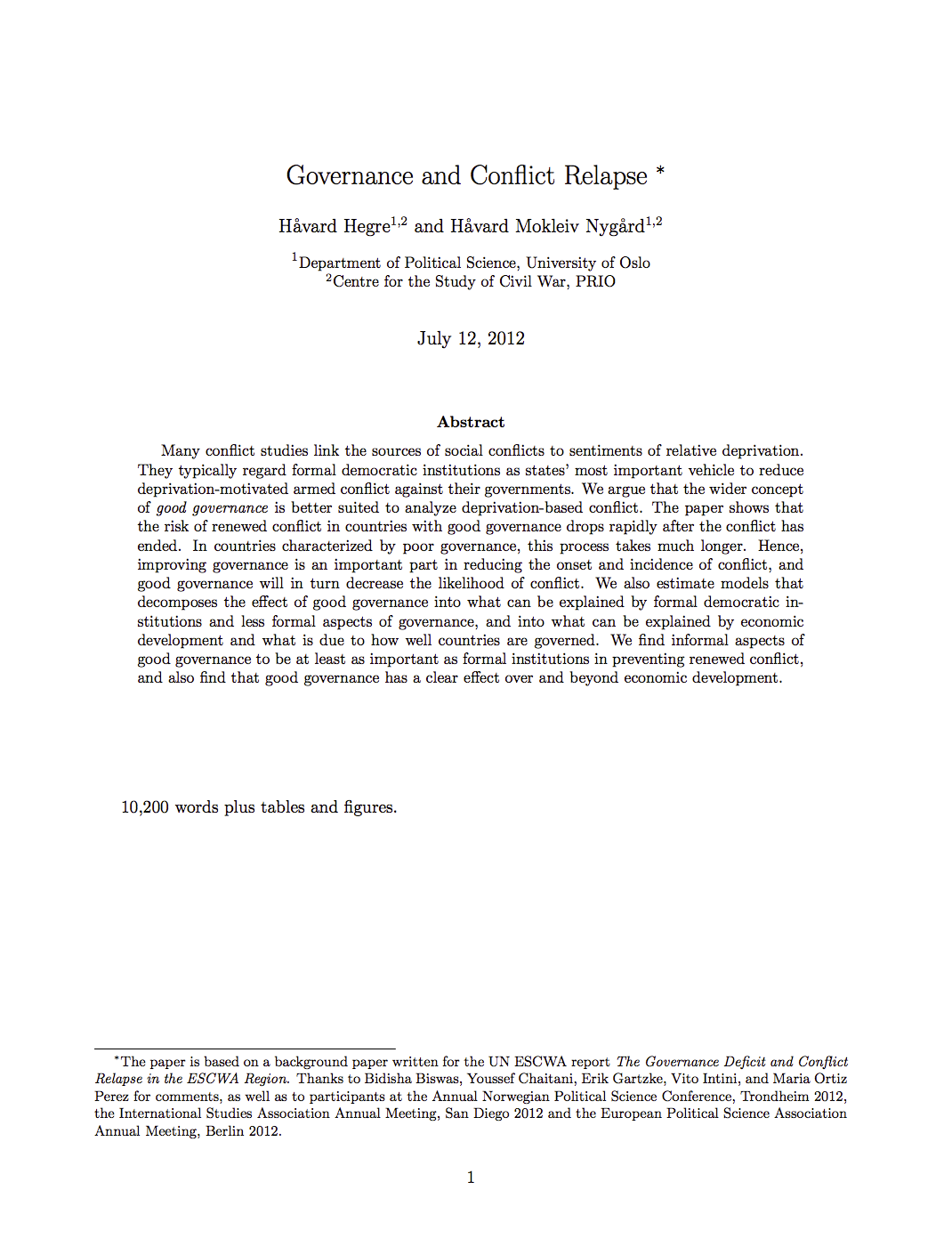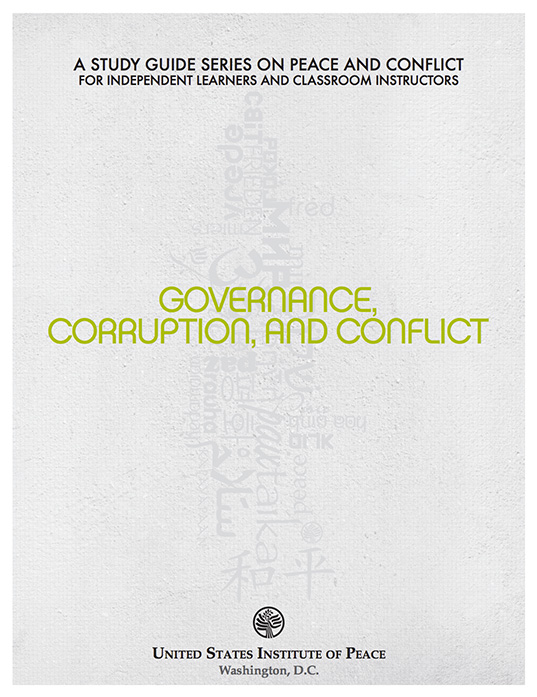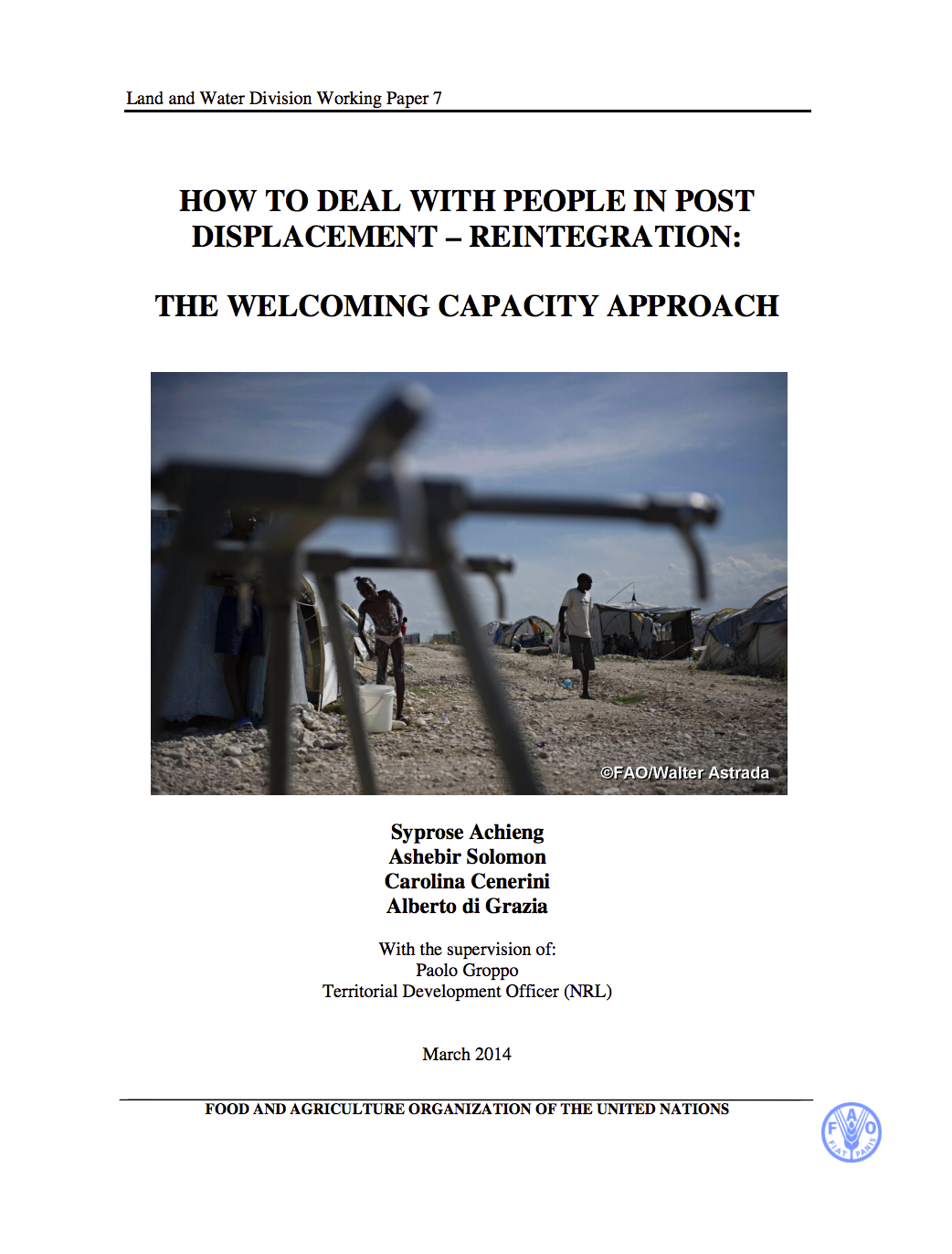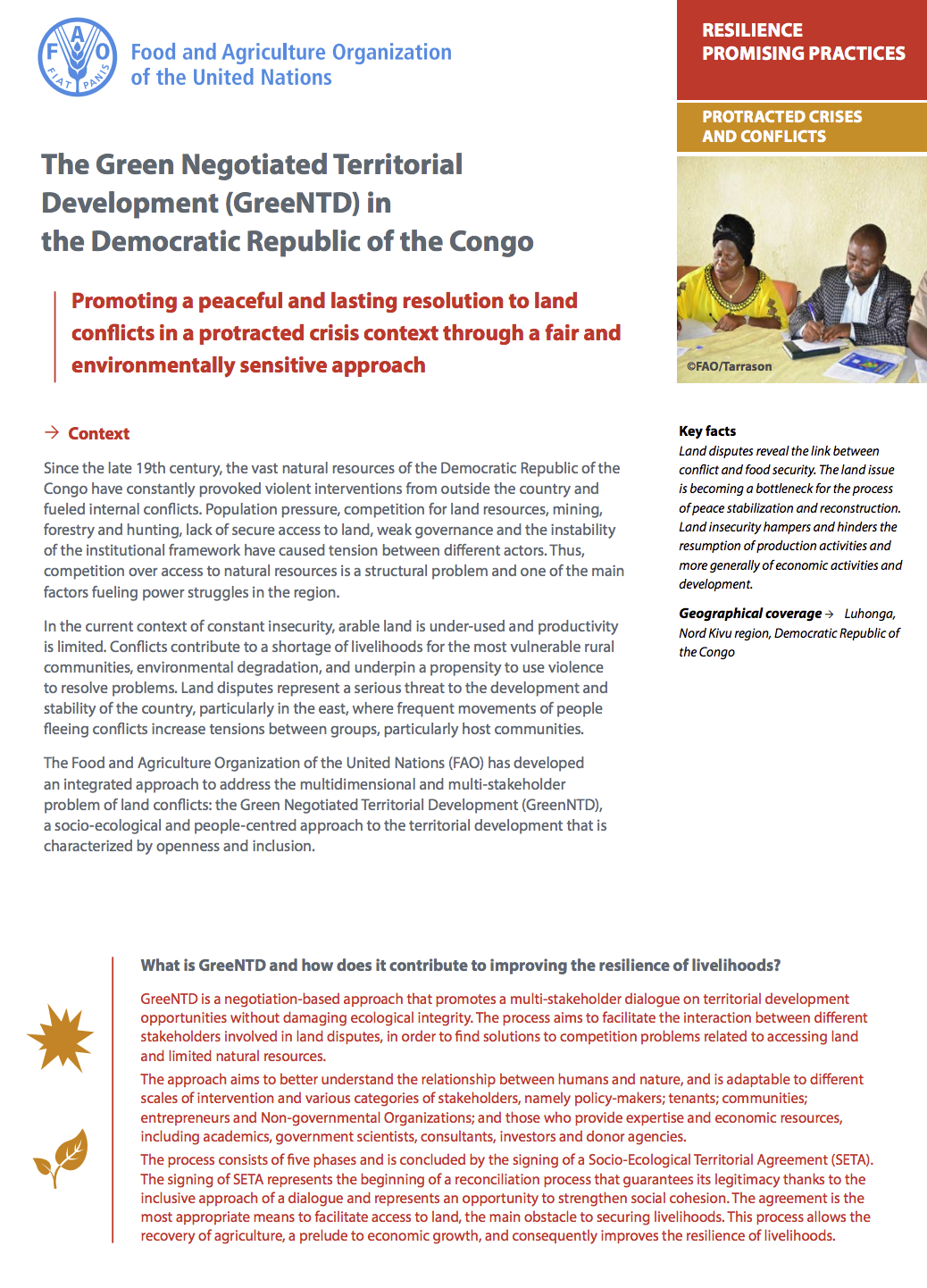In Search of the Solution to Farmer–Pastoralist Conflicts in Tanzania
Land-use conflict is not a new phenomenon for pastoralists and farmers in Tanzania with murders, the killing of livestock and the loss of property as a consequence of this conflict featuring in the news for many years now. Various actors, including civil society organisations, have tried to address farmer–pastoralist conflict through mass education programmes, land-use planning, policy reforms and the development of community institutions. However, these efforts have not succeeded in the conflict.

